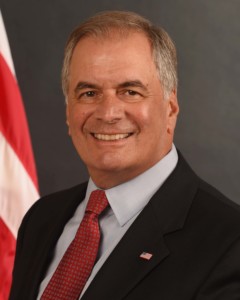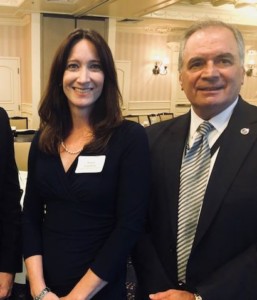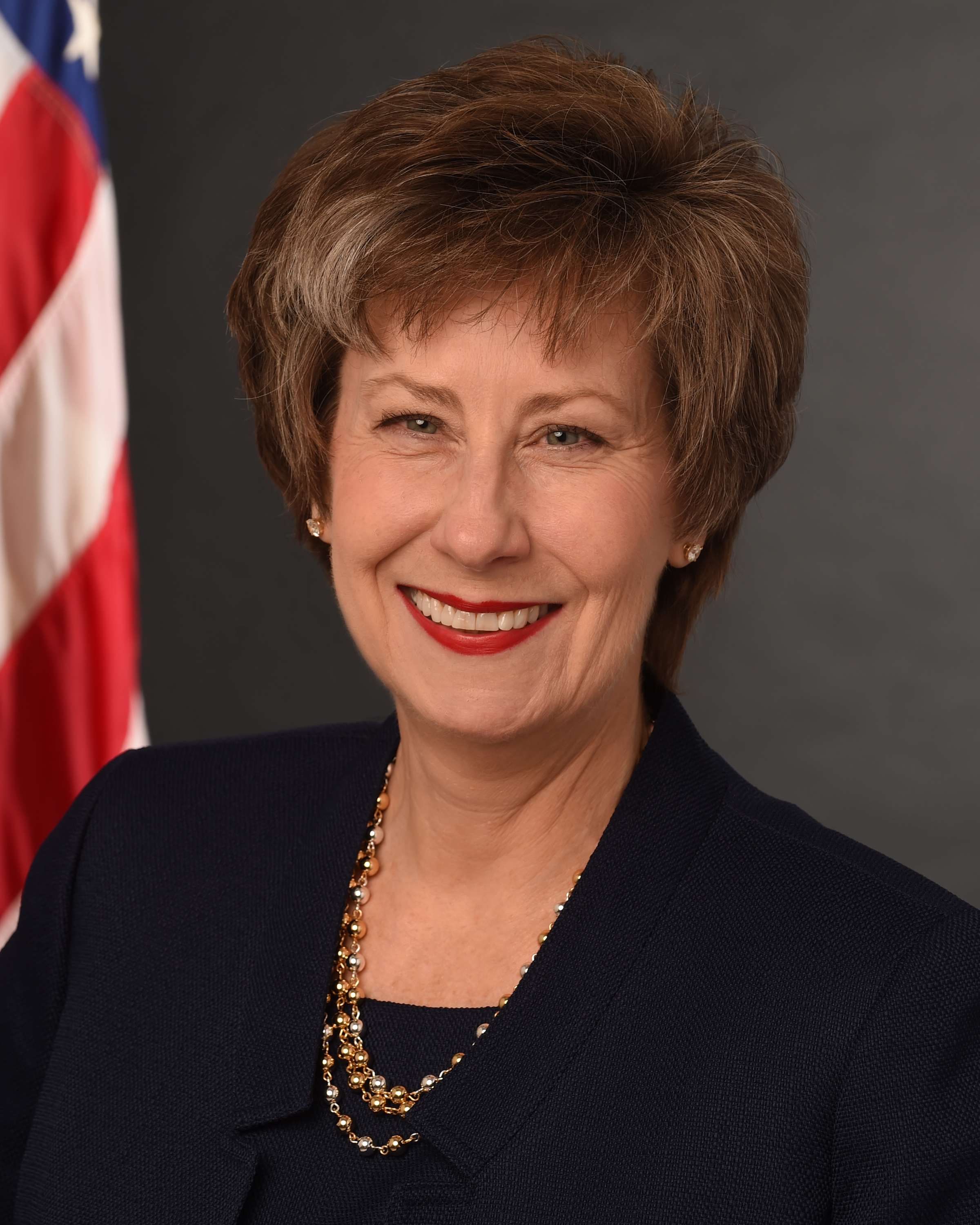Regional HHS director to visit Catholic Charities in fight against opioid crisis
 Anthony C. Ferreri, the regional director of the U.S. Department of Health and Human Services (HHS), will visit Catholic Charities, Diocese of Trenton’s ambulatory detox facility in Trenton next week to tour the program and discuss how the two organizations can collaborate to reduce the number of lives lost or impacted by the opioid crisis.
Anthony C. Ferreri, the regional director of the U.S. Department of Health and Human Services (HHS), will visit Catholic Charities, Diocese of Trenton’s ambulatory detox facility in Trenton next week to tour the program and discuss how the two organizations can collaborate to reduce the number of lives lost or impacted by the opioid crisis.
The visit is set for Sept. 25, two weeks after HHS awarded Catholic Charities $4 million to expand its Certified Community Behavioral Health Clinic (CCBHC) program. CCBHCs are a new model of care intended to strengthen community-based healthcare services for those who most need it – vulnerable people with persistent addiction and/or mental health issues whose complex needs have historically left them out of the system.
“Dr. Ferreri (pictured, right) has championed innovative addiction treatment models in New York that have made a significant impact to those communities,” said Susan Loughery, Catholic Charities, Diocese of Trenton’s director of operations. “We are looking forward to engaging in a discussion on building those treatment models here in New Jersey.”
Marlene Laó-Collins, Catholic Charities’ executive director (pictured, left), agreed: “We are excited to be part of this new innovative, integrative model of care for people with serious mental conditions or substance-abuse disorders. It enables us to address the needs of the whole person, from homelessness and hunger to primary care, with dignity.”
Opioid crisis an HHS priority
The Trump administration appointed Dr. Ferreri in June to head the Department’s Region II, which encompasses New Jersey, New York, Puerto Rico, the U.S. Virgin Islands, and eight Tribal nations. He reports to HHS Secretary Alex M. Azar II and works with state and local governments and organizations to advance HHS priorities.
 “Secretary Azar has four priorities: dealing with the opioid crisis, reducing the cost of prescription drugs, encouraging value-based healthcare, and providing affordable healthcare coverage. This is typical of what most people want, and we have bipartisan support,” said Ferreri, a Rutgers University graduate who spent 40 years in the healthcare industry, including in leadership positions at Staten Island University Hospital, Northwell Health System in New York, and St. Barnabas Medical Center in Livingston, NJ.
“Secretary Azar has four priorities: dealing with the opioid crisis, reducing the cost of prescription drugs, encouraging value-based healthcare, and providing affordable healthcare coverage. This is typical of what most people want, and we have bipartisan support,” said Ferreri, a Rutgers University graduate who spent 40 years in the healthcare industry, including in leadership positions at Staten Island University Hospital, Northwell Health System in New York, and St. Barnabas Medical Center in Livingston, NJ.
Ferreri (pictured, left, with Loughery at a recent symposium on opioids) continued: “When we talk about the opioid crisis, it’s taken so many lives. We lost in excess of 400,000 people in World War I, World War II, the Korean War and the Vietnam War. But compare that to the amount of opioid deaths in this country – nearly 700,000 overdose deaths in this country between 1999 and 2017! It’s remarkable how much of an impact this has had on our country and on the American people – people of all economic scales, ages, and races.”
In New Jersey alone, 2,032 people have died of drug overdose through Sept. 9 of this year, with another 9,162 saved by the overdose-reversing drug naloxone, according to state data. On average, 115 Americans die each day from an opioid overdose, according to HHS.
The wide-ranging impact of the opioid epidemic is helping to shatter its stigma, which should help topple barriers to treatment, Ferreri said.
But, he noted, “there is still so much to do.”
Faith-based groups key in fighting addiction
Faith-based agencies such as Catholic Charities have a special role in fighting the crisis, said Ferreri, whose brother Christopher sits on a board of Catholic Charities, Archdiocese of New York.
“This administration has placed an emphasis on supporting faith-based organizations and their efforts to assist those suffering from this disease,” Ferreri said. “President Trump has appointed Shannon Royce (pictured, right) as his director of the Center for Faith-Based and Community Partnerships (part of HHS). There is a lot of evidence of the great work done by all non-profits on this issue, but especially faith-based nonprofits.”
He also applauded Catholic Charities for serving whoever needs help, regardless of their religious affiliation or ability to pay.
“We need to do everything we can to make sure people who would typically fall between the cracks get treatment,” he said.
On his visit to Catholic Charities in Trenton, Ferreri will tour CCDoT’s program, give a presentation on the federal government’s efforts to stem the opioid crisis, and meet leaders from CCDoT and its community collaborators like HomeFront, Capital Health, the Trenton Health Team, the Rescue Mission of Trenton, and the Henry J. Austin Federal Qualified Health Center.
Further reading: HHS offers an Opioid Epidemic Practical Toolkit with strategies for community and faith-based leaders to reduce overdose deaths and heal communities. See it by clicking here.
For help: Call our Access, Help and Information Center at (800) 360-7711 to connect with our professional staff for addiction recovery.
To subscribe to our blog posts and news releases, fill out the fields below.
